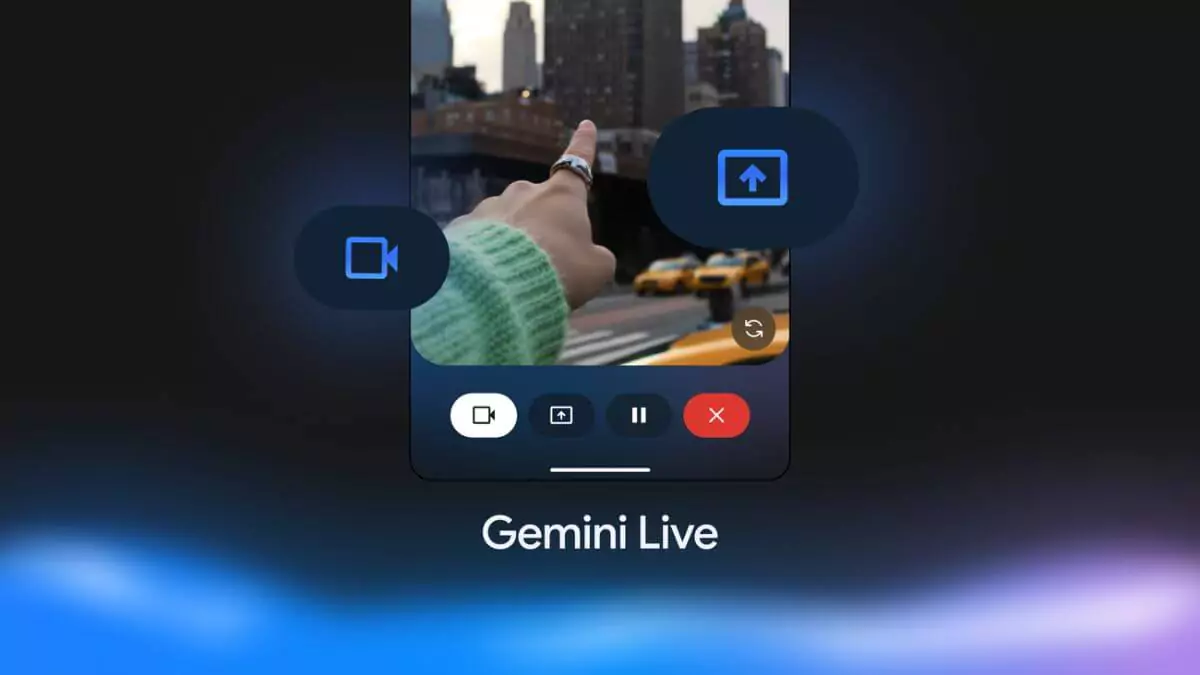This move reflects Google’s strategy to compete in the AI assistant market while addressing user demand for accessible features. By offering these capabilities for free, Google aims to integrate Gemini Live more deeply into everyday Android use, but the rollout’s scope and limitations are worth exploring.
Gemini Live, initially launched with the Pixel 9 series and later expanded to Gemini Advanced users, allows natural, free-flowing conversations in over 45 languages. The new camera feature lets users point their phone at their surroundings and ask questions in real-time, such as identifying objects or getting organization tips for a cluttered closet. Screen sharing, meanwhile, enables Gemini to analyze on-screen content—e.g., helping users choose the best social media post or troubleshoot apps. According to 9to5Google, this expansion began last week for Advanced users and is now rolling out to all Android devices over the coming weeks.
The technology behind these features leverages Project Astra, Google’s initiative to create a multimodal AI that understands visual and contextual data. For instance, users can show Gemini a recipe via the camera and get real-time cooking advice, or share their browser screen to compare online products. This aligns with Google’s goal of making AI a dynamic partner, as noted by Android Authority, which highlights the feature’s potential to transform mobile AI interaction. The rollout includes a new “Share screen with Live” chip in the Gemini overlay and a camcorder button for camera access, enhancing usability.
However, there are caveats. The free version may have limitations compared to the Advanced tier, such as reduced feature depth or slower response times, though Google has not detailed these restrictions. Compatibility is another factor—while available on most Android devices, the best experience is expected on flagship models like the Pixel 9 or Samsung Galaxy S25 series. Security remains a priority, with Google ensuring data privacy through on-device processing where possible, though users should still exercise caution with sensitive information.
This expansion comes amid growing competition from AI assistants like Apple’s Siri and Microsoft’s Copilot. By making Gemini Live free, Google could gain a competitive edge, especially in regions where subscription costs deter adoption. The move also builds on recent Gemini enhancements, such as Veo 2 video generation, signaling Google’s aggressive push into AI accessibility. However, some users may question the long-term sustainability of free features, given Google’s history of introducing paid tiers.
The broader impact of this rollout could reshape how Android users interact with AI. From hands-free assistance while shopping to real-time problem-solving, Gemini Live’s camera and screen-sharing capabilities offer practical benefits. As the rollout progresses, user feedback will likely influence future updates, potentially adding features like cross-device synchronization. For now, this expansion underscores Google’s commitment to democratizing AI technology.
Curious about how Gemini Live can enhance your Android experience? Share your thoughts in the comments, and stay updated on tech news at technocodex.com.







